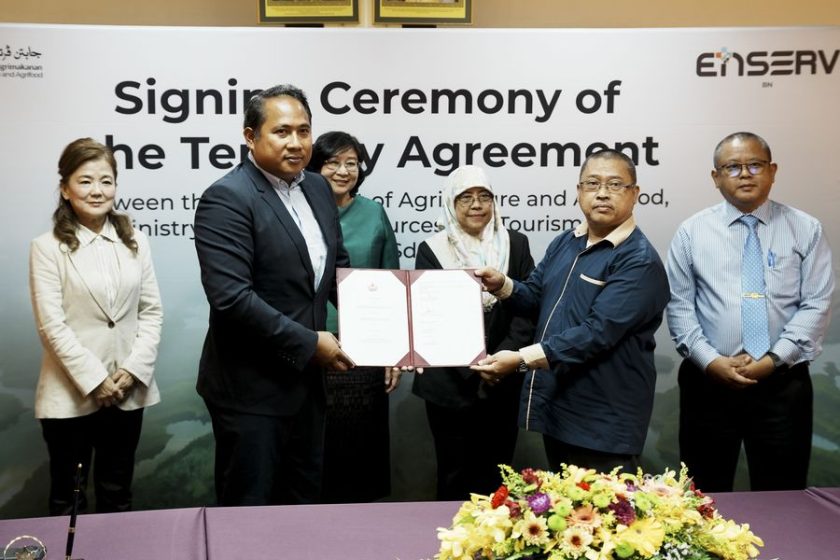Thailand’s Enserv Holding is set to launch Brunei’s first sorghum cultivation and processing initiative, with a significant focus on producing animal feed as part of a broader strategy to strengthen the agro-food value chain.
Through its subsidiary Enserv BN, the company signed a tenancy agreement with Brunei’s Department of Agriculture and Agrifood on September 4. The agreement covers the development of a sorghum nursery at the Bio Innovation Corridor in Rimba and 3ha of cultivation at the Agricultural Development Area in Tungku, supported by processing facilities.
While the project spans food, health, and renewable energy applications, Enserv emphasized the role of sorghum by-products in feed production. Residues from processing — such as bran and distillers’ dried grains — will be redirected into poultry and livestock diets, providing a cost-effective and protein-rich alternative to imported feed ingredients.
Tanachat Pochana, Enserv’s Chairman, said sorghum’s versatility makes it an attractive crop for Brunei’s diversification drive. “Beyond food and energy, the by-products generated in our EMF3 model can directly support the animal feed sector, reducing dependency on imports and contributing to feed security,” he explained.
Sorghum’s agronomic characteristics also strengthen its case as a feed source. The grain requires 10 times less water than rice, tolerates marginal soils, and offers stable yields under varying climatic conditions. With each hectare capable of sequestering up to 20 tons of carbon dioxide per cycle, it is also a climate-friendly option for sustainable agriculture.
By investing in sorghum cultivation, Brunei gains a foothold in developing its own local feed supply base, reducing exposure to global commodity volatility. Feed costs account for as much as 70% of poultry and livestock production expenses, making supply diversification a key driver of competitiveness.
The pilot phase will test commercial feasibility under Enserv’s EMF3 platform, before scaling up into larger production. If successful, Brunei could position itself as a regional model for integrating sorghum into both food and feed industries, while aligning with its ambitions to become a halal food hub.

